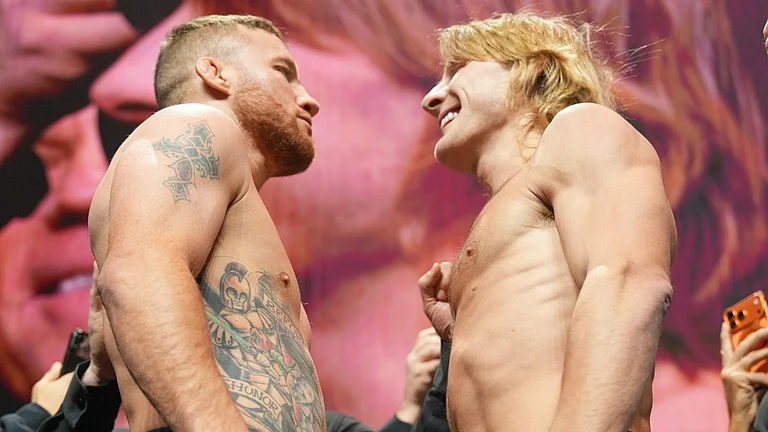With Canada preparing for the presidential elections of October 2025, Prime Minister Justin Trudeau’s bid is at risk. Citing “corporate greed”, NDP Leader Jagmeet Singh announced that the New Democratic Party has withdrawn its support for the Trudeau-led Liberal Party.
As per a video message shared by Jagmeet Singh on social media, the NDP withdrew its support on Wednesday as the Liberal Party "doesn't deserve another chance from Canadians".
In a video titled "the deal is done", Singh accused the Liberal Party of failing to stand up to big corporates.
"Justin Trudeau has proven again and again he will always cave to corporate greed. The Liberals have let people down,” stated Singh has he announced his candidature for next year's elections.
Trudeau's Liberal Party joined hands with the NDP in 2022 to boost the minority government. This supply-and-confidence agreement was expected to last till June 2025. However, growing disputes between NDP and Trudeau, Jagmeet Singh has ripped up the deal.
The NDP, led by Singh, will now focus on preventing the rise of Pierre Poilievre and the Conservations.
“There is another, even bigger battle ahead. The threat of Pierre Poilievre and Conservative cuts. From workers, from retirees, from young people, from patients, from families — he will cut in order to give more to big corporations and wealthy CEOs,” said Singh in his video message.
Trudeau, who has been accused by many of not thinking of Canadians, has reacted and said that he will continue to work for the people while others can focus on the "politics of it all".
What Is A Supply-And-Confidence Deal?
In Canadian politics, a supply-and-confidence deal does not refer to a coalition government. While the origin is to increase the chances of a minority party to form the government, in a supply-and-confidence deal, the minority government receives support of one or more parties or independent MPs on confidence votes and the state budget.
Based on the deal signed in 2022, the NDP was committed to supporting the Liberal government on confidence votes in exchange for legislative commitments on NDP priorities.
Is The Deal Done For Trudeau?
Justin Trudeau was first elected to office as Prime Minister in 2015 and has remained the leader since then after he won his re-election bids in 2019 and 2021.
For the 2019 and 2021 elections, despite becoming the prime minister, Trudeau and his Liberal Party saw a drop in votes, causing them to form a minority government. And as the Trudeau government nears 10 years, voter fatigue is on the rise.
The ongoing housing and unemployment crises have only added to the fatigue and dislike for Trudeau, making him one of the least popular political figures in Canada.
Since 2020, the proportion of Canadians who think Justin Trudeau is the "worst recent prime minister" has grown. From 18 percent of Canadians in 2020 to 38 percent in 2024, the support for Justin Trudeau has been diminishing.
Trudeau's Liberal party has also been lagging behind Pierre Poilievre’s Conservative Party in polls. As per a Bloomberg report, the Liberals are trailing by 15 to 20 percent points from the Conservatives.
As per a poll by Ipsos, with 44 percent of support and a 50 percent approval rate, Pierre Poilievre has emerged as the top choice for prime minister.
Justin Trudeau lags behind by a considerable margin with 25 percent support and a 37 percent approval rate.

What's Next For Canada?
NDP's withdrawal from the minority Liberal government comes as a setback for Trudeau. However, this withdrawal does not mean that the Trudeau administration will fall, paving the way for snap elections. But the risk of a collapse remains.
Without NDP support, Trudeau would have to work towards courting one of the three main opposition parties so that the Liberals could avoid calling for a snap vote.
As of now, the next federal elections are scheduled for October 2025. However, if all MPs turn on the Liberal Party during a no-confidence vote or if Trudeau himself calls for an early election after consulting the governor-general, then Canada may have to head to the polls sooner than expected.





























